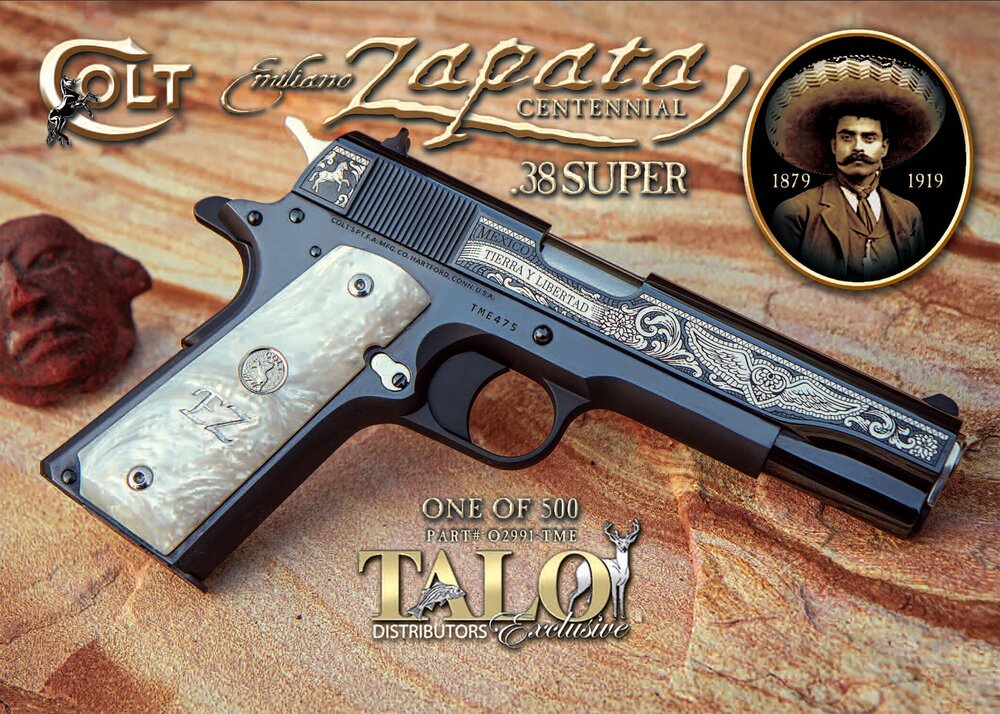
Among the scores of industries covered in Violation Tracker, one of the most under-represented is the business of producing firearms. That’s not because gunmakers are particularly virtuous, but rather because there are few laws and regulations for them to violate.
Federal oversight of the industry is pretty much non-existent. The few penalties that have been imposed on companies such as Remington, Beretta, Colt’s Manufacturing, Smith & Wesson, and Sturm, Ruger have had nothing to do with their specific activity. Instead, they have been imposed by agencies such as OSHA that oversee companies of all kinds. The penalty total for each of these firms is no more than a few hundred thousand dollars—a trivial amount for an industry whose products do so much harm.
The other arena in which the industry has enjoyed near impunity is the court system. That’s largely due to the 2005 Protection of Lawful Commerce in Arms Act, which prevents dealers and manufacturers from liability when guns are used in shootings and other criminal activities.
Ironically, gun companies are still considered liable when their products are defective. For example, in 2016 the Brazilian gunmaker Forjas Taurus agreed to pay $239 million to settle a class action brought in federal court in Florida. The plaintiffs had alleged that its guns fired unintentionally when dropped.
Various attempts have been made to get around the industry’s liability shield. A lawsuit brought against Remington by the families of the victims of the Sandy Hook massacre in Connecticut was able to proceed by using the state unfair trade practices law. The case still dragged on for years, though it was recently reported that Remington is offering to settle the matter for $33 million. That’s not much, but it could serve as a stepping stone to more appropriate damages in other cases.
Another novel approach is being taken in a lawsuit recently filed in federal court in Massachusetts by the government of Mexico against ten U.S. gunmakers. The suit accuses the companies of facilitating the flow of weapons to the drug cartels causing so much havoc in Mexico. It argues that the federal liability shield does not apply, since the harm took place in another country.
The lawsuit is considered a long shot, but if nothing else the case may expose more details about the questionable practices of the industry. The complaint has already highlighted the brazen practice by one gunmaker of engraving the image of Emilio Zapata on one of its models to appeal to Mexican buyers. One of those pistols was used to kill a Mexican investigative reporter.
There are signs that the real purpose of the lawsuit is to pressure the U.S. government to put restrictions on the firearms trade. The suit seeks to do this by equating cross-border gun trafficking from the U.S. to the drug trafficking from Mexico that American officials frequently decry. Significant change is not likely to happen any time soon, but meanwhile any challenge to the gun’s industry’s impunity is welcome.